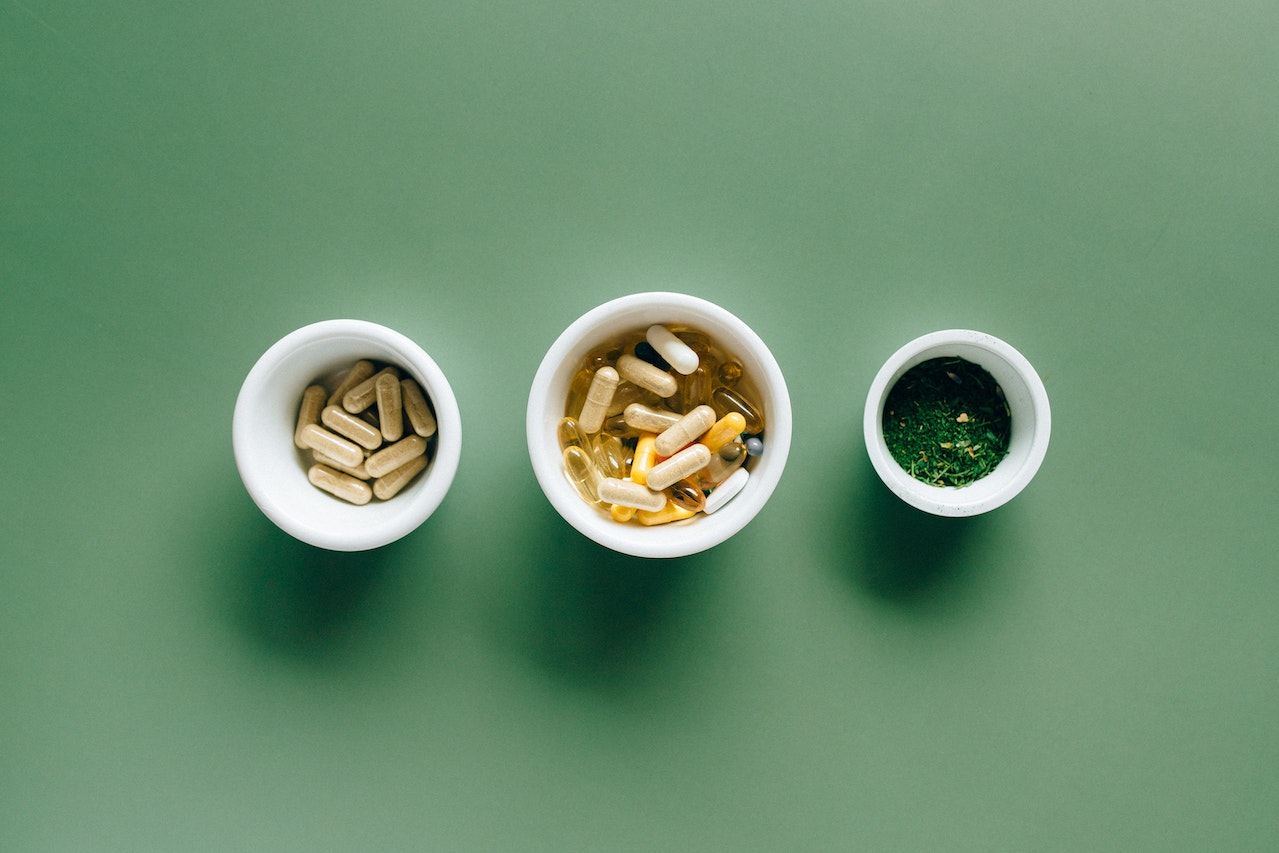If you want to improve your athletic performance, it is essential to ensure you are getting the right amount of vitamins and minerals. This can be done through a healthy diet and regular exercise.
Athletes often use dietary supplements to help them train harder, build muscle, and enhance their performance. These supplements can include vitamin E, protein, creatine, and iron.
Table of Contents
Hydro Tablets
Keeping your body hydrated is vital to ensure you get the most out of every workout. One great way to help you do that is by using Hydro Tablets.
These tablets easily dissolve in water and contain all the electrolytes lost through sweat. They are also deficient in calories and available in various flavors.
However, there is no substitute for drinking enough water and getting the correct amount of fluids in your diet. This is particularly true for endurance athletes who are often out in the sun and must keep hydrated.
One study found that a tailored hydration plan based on an athlete’s sodium and fluid losses improved performance outcomes during moderate to hard training sessions lasting 45 minutes or longer. Participants experienced increased anaerobic power, greater awareness and focus, and faster heart rate recovery following a PHP session.
If you’re looking for an effective, no-calorie, no-carb hydration solution for your next long ride, look no further than these OTE Orange Hydro Tabs from Veloforte. These effervescent tablets are light and refreshing, naturally flavored, and contain all of the essential electrolytes your body loses through exercise – sodium, potassium, and magnesium.
These are a great addition to your training regime, especially for working outdoors in hot or humid conditions. They are also a good choice for anyone recovering from illness or injury, as they can increase the absorption of nutrients like iron and B-12.
Sleep Supplements
Sleep is a vital component of optimal athletic performance. It helps athletes recover from demanding competition schedules, prepare for upcoming high-intensity training blocks, and support learning, development, and mental health.
Sleep deprivation led to drowsiness, fatigue, and reduced athletic performance. Research shows that even a single night of poor sleep can increase the amount of “sleep debt” that an athlete has accumulated and negatively impact their ability to perform at peak levels.
The good news is that many sleep supplements are available to help you fall asleep faster, stay asleep longer, and improve your overall quality of life. Over-the-counter medications are commonly used, but natural supplements can also be effective.
Some supplements like Thorne.com are plant-based, a vitamin or mineral that we already have in our diets or a supplemental source of something the body produces naturally. Others are synthetically derived, including melatonin.
Other supplements can also reduce stress and boost serotonin levels associated with better sleep. Gamma-aminobutyric acid (GABA) is a supplement that decreases anxiety and improves sleep in small trials.
Speaking with your doctor about using any sleep supplement, especially if you have a medical condition or are pregnant or breastfeeding, is essential. Ask about any interactions with other medicines, underlying diseases or lifestyle habits, and the dosage and duration of use.
Vitamins & Minerals
The best way to optimize performance is to get enough of your body’s essential nutrients from a balanced diet. Vitamins and minerals are crucial in energy metabolism, hormone balance, electrolyte balance, and muscle function. They also contribute to the recovery of muscles and nerves after intense exercise.
Athletes who do not eat a well-balanced diet, have food allergies or intolerances or are prone to nutrient deficiencies should consider taking a multivitamin supplement. These supplements can be taken as part of a regular diet but should only be used after discussing them with a healthcare professional.
The most common vitamins that athletes need include a variety of B vitamins, iron, and calcium. These vitamins are found in various foods, including meat, fish, milk and dairy products, vegetables, fruit, nuts, and grains.
Another essential vitamin for athletes is Vitamin C, which helps to strengthen your immune system, absorb iron, and protect cells from oxidative stress after a hard workout. In addition, it can help metabolize proteins to build muscle tissue.
Vitamin D is an essential mineral for athletes, especially those who engage in outdoor activities. It is necessary for calcium absorption and is crucial to bone health and immune function. Several studies have shown that low vitamin D levels can negatively affect sports performance.
Also Read: The Benefits of a Nose Job Clinic
Creatine
Creatine is an amino acid that occurs naturally in meat and fish but also in supplements. It’s a natural substance that boosts athletic performance, enhances muscle mass and strength, and helps reduce fatigue during training sessions or competitions.
It also helps your brain function better and can help improve memory. Taking creatine can also boost your energy levels and help you lose fat.
Most people don’t get enough of it from their diet, so a creatine supplement can help you get the nutrients you need for good athletic performance. For most athletes, a daily dose of 3 to 5 grams of creatine monohydrate is recommended for best results.
Studies have shown that creatine monohydrate can increase strength and power with a high-intensity exercise program. It can also help you recover between workouts and improve your endurance.
Another benefit of creatine is that it increases the number of satellite cells in your muscles, essentially muscle stem cells. These cells can help you grow bigger and stronger.
It’s also been used to treat a variety of diseases, including Parkinson’s disease and Huntington’s disease. It’s also being tested as a treatment for ALS, or amyotrophic lateral sclerosis. It’s also been studied for its nootropic effects, which are thought to increase mental performance.
